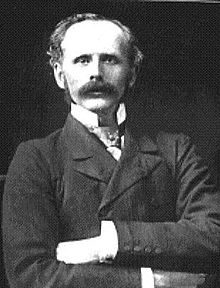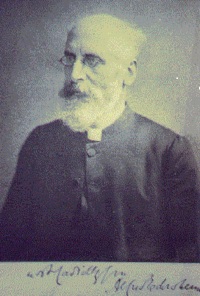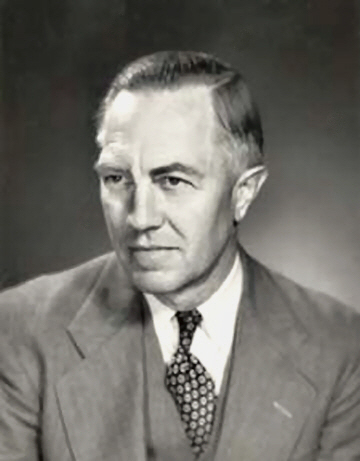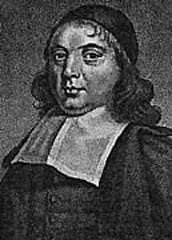File Submitter: wlue777
File Submitted: 16 Jun 2012
File Updated: 17 Jun 2012
File Category: Collections
e-Sword Version: 9.x - 10.x
Suggest New Tag:: Works of A.B. Simpson E-sword 9-10.X wlue777

A. B. Simpson, founder of the Christian and Missionary Alliance.
A. B. SIMPSON
1843 - 1919
Albert Benjamin Simpson was born on December 15, 1843, to parents of Scottish descent. He grew to be one of the most respected Christian figures in American evangelicalism. A much sought after speaker and pastor, Simpson founded a major evangelical denomination, published over 70 books, edited a weekly magazine for nearly 40 years, and wrote many gospel songs and poems.
However, the first few years of his life were spent in relative simplicity on Prince Edward Island, Canada, where his father, an elder in the Presbyterian church, worked as a shipbuilder and eventually became involved in the export/import industry. To avoid an approaching business depression, the family moved to Ontario where the younger Simpson accepted Christ as his Savior at age fifteen and was subsequently "called by God to preach" the Gospel of Christ.
The books in this module include:
A Larger Christian Life
All in all
But God
Christ in the Bible Commentary - Joshua
Christ in the Bible Commentary - Isaiah
Christ in the Bible Commentary - Psalms
Christ in the Bible Commentary - 2 Corinthians
Christ in the Bible Commentary - Philippians
Christ in the Bible Commentary - Colossians
Christ in the Bible Commentary - 1 & 2 Thessalonians
Christ in the Bible Commentary - Hebrews
Christ in the Bible Commentary - James
Christ in the Bible Commentary - 1 & 2 Peter
Christ in the Bible Commentary - Epistles of John
Christ in the Bible Commentary - Jude
Days of Heaven Upon Earth - A Year Book of Scripture Texts And Living Truths
Danger Lines in the Deeper Life
Divine Emblems of Spiritual Life and Truth
Missionary Messages
Present Truths or the Supernatural
Service for the King
Standing on Faith
The Challenge of Missions
The Cross of Christ
The Fourfold Gospel
The Gospel of Healing
'The Holy Spirit' or 'Power from on High' Volume I
'The Holy Spirit' or 'Power from on High' Volume II
The Life of Prayer
The Love Life of the Lord
The Names of Jesus
The Self Life and the Christ Life
Wholly Sanctified
Walking in the Spirit
http://en.wikipedia....enjamin_Simpson
Chatrooms
Share This Page
Click here to download this file




 Posted by
Posted by










